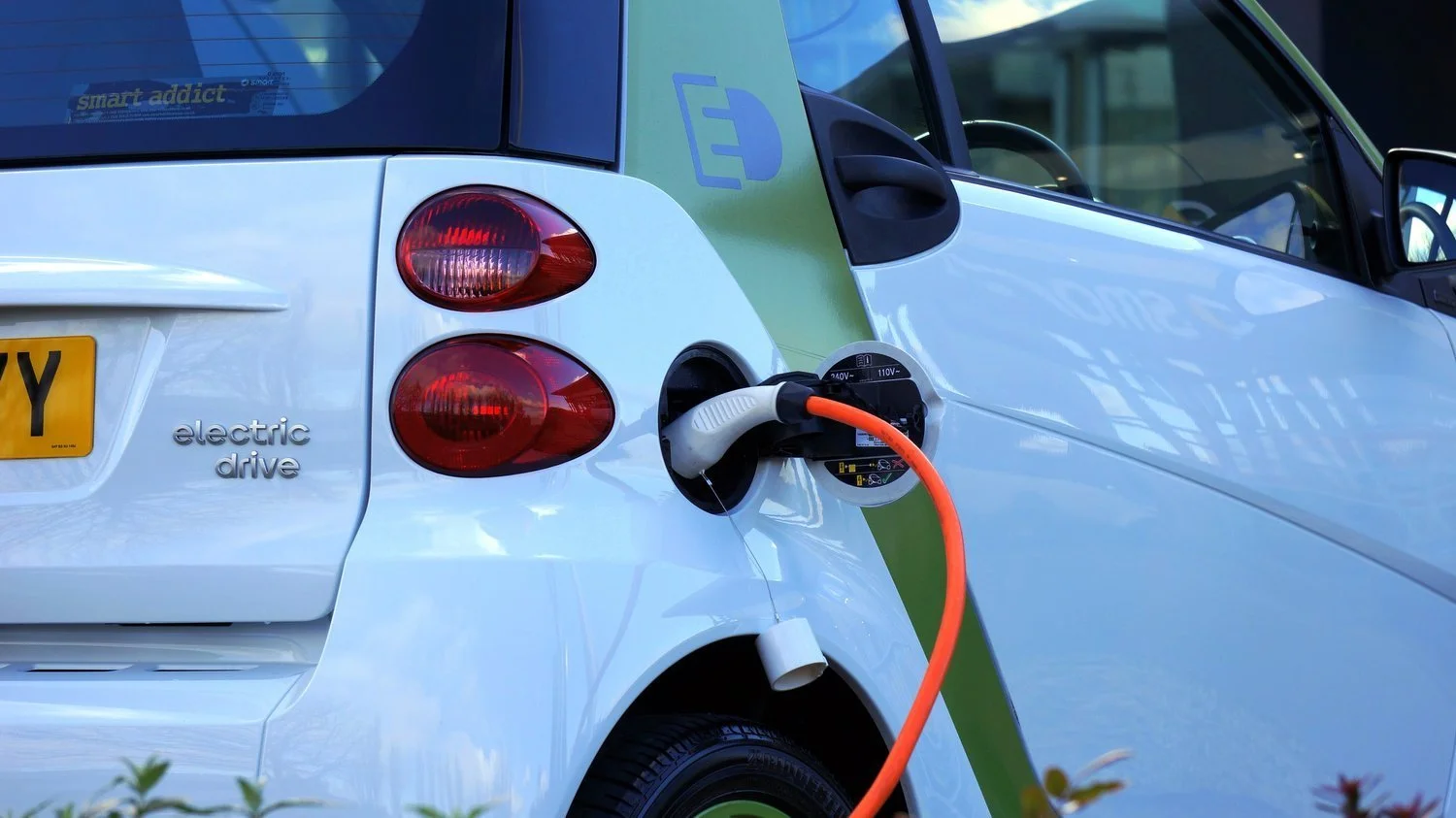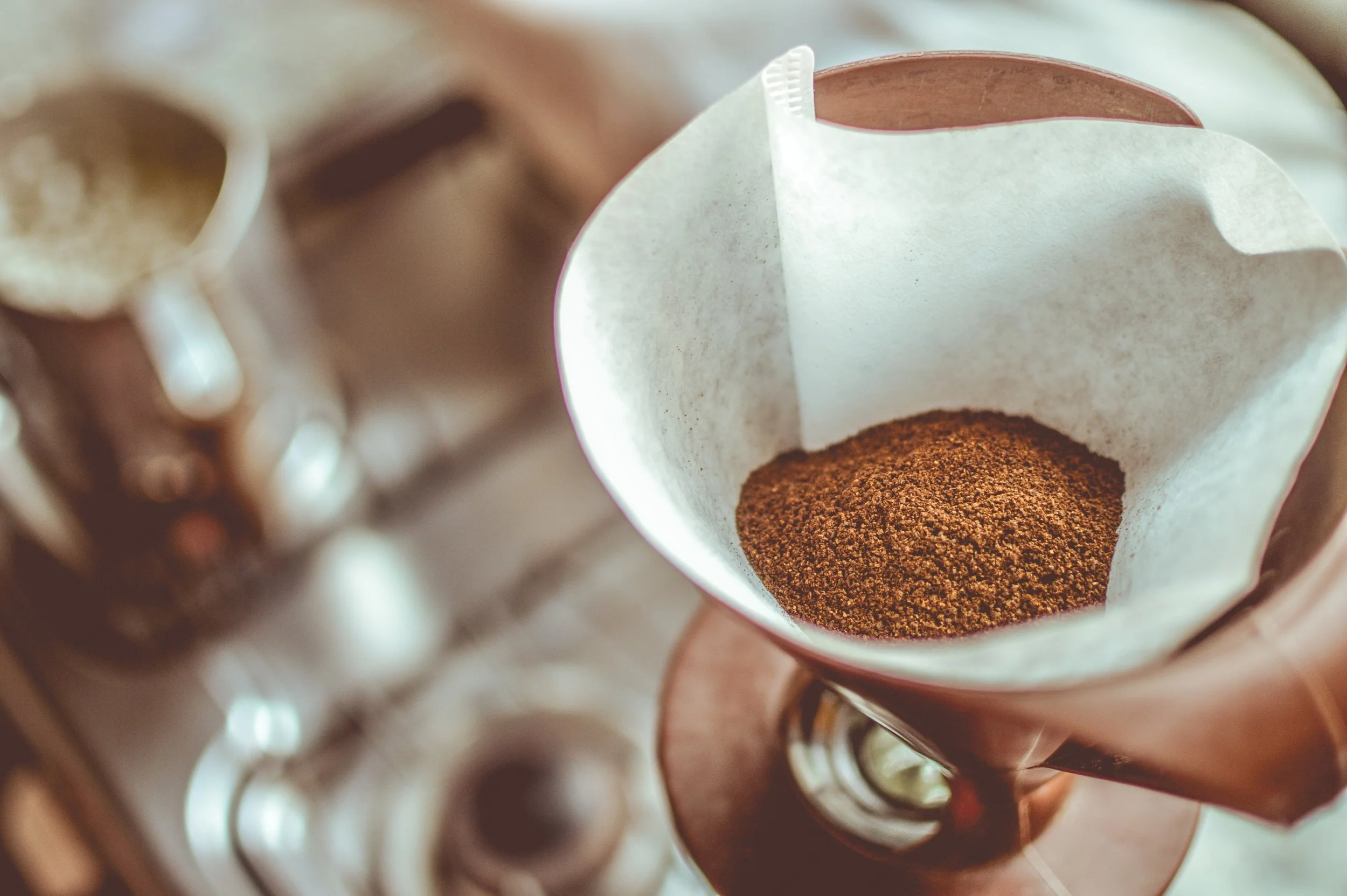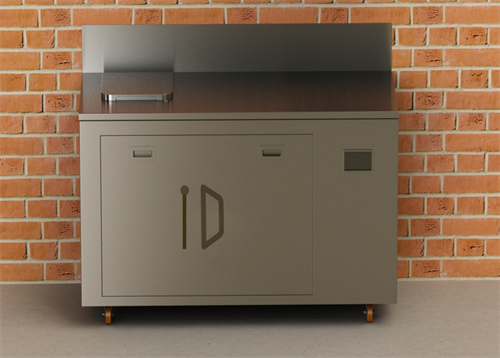Building the Circular Bioeconomy: Scaling Sail Upcycling
Sustainable Extricko is developing a closed loop recycling process for petrochemical derived materials like sails, with the goal of integrating end-of-life (EoL) sails into the circular economy.
In this project, they wanted to characterise microbial growth and tolerance to sail recyclates and optimise fermentation conditions to progress this technology towards scale-up and industrial application.
Characterisation and extraction of valuable components from marine growth
There’s limited knowledge about the potential value of marine growth on decommissioned offshore assets. CessCon Decom wanted to characterise the nutritional composition of the marine growth and assess the feasibility of extracting valuable components.
Recycling and remediation of metal from advanced alloy waste
High-performance steels and alloys necessary for modern applications comprise of a plethora of valuable and critical metal resources such as nickel, cobalt, tantalum, niobium, and rhenium, which are currently poorly recycled. SEM wanted to look at potential routes to the recovery of metals which can then be re-used.
Using biology to recycle critical metals contained in spent LI-ion batteries (LIBs) from electric vehicles
Successful collaboration between FlexBio and the Edinburgh Genome Foundry demonstrates potential impact for future projects.
Determining the Antimicrobial Efficacy of CuanTec’s Technology
Funding from IBioIC enabled CuanTec to work with Abertay University to determine the antimicrobial efficacy of the company’s proprietary chitosan based prototype formulations
Coffee waste as a source for bioenergy productions
This Feasibliity project by Artisan Roast, University of St Andrews, and Energy Recovery Systems Ltd demonstrated that coffee grounds are a profitable replacement for wood as a source for bioenergy.
Microbial production of hydroquinone from waste feedstocks
IBioIC funded a joint project between Victrex and Joanna Sadler and Stephen Wallace from the University of Edinburgh to explore alternative, more sustainable routes for the production of Hydroquinine, ideally from renewable or waste feedstocks, to contribute to their goal of carbon neutrality by 2030.
Antimicrobial nanocellulosic matrices and coatings
Waste root vegetables could help stop microbes growing on medical implants.
Fish oil waste source for the production of bio based surfactants
This project investigated the feasibility of using oils extracted from fish industry waste to produce ingredients such as detergents and foaming agents for use in industrial products.
Manufacture of Mycelium Construction Products from Waste Material
Using organic waste as a nutrient source to grow fungal mycelium for use as insulation blocks for the construction industry.
Metal Recovery and Biological Remediation of Effluents
New collaboration demonstrates environmentally friendly route to precious metal recovery from electronic waste.
Finding a new biological process to valorise waste materials
Celtic Renewables find a new source for bacteria to expand their culture collection.
Looking for the potential in food waste
Investigating the chemical properties of waste for potential commercial applications.
Circularising the Scottish leather industry
This project supported Scottish Leather Group’s commitment to a circular process by finding new uses for Greaves, one of the by-products of the leather production process.














